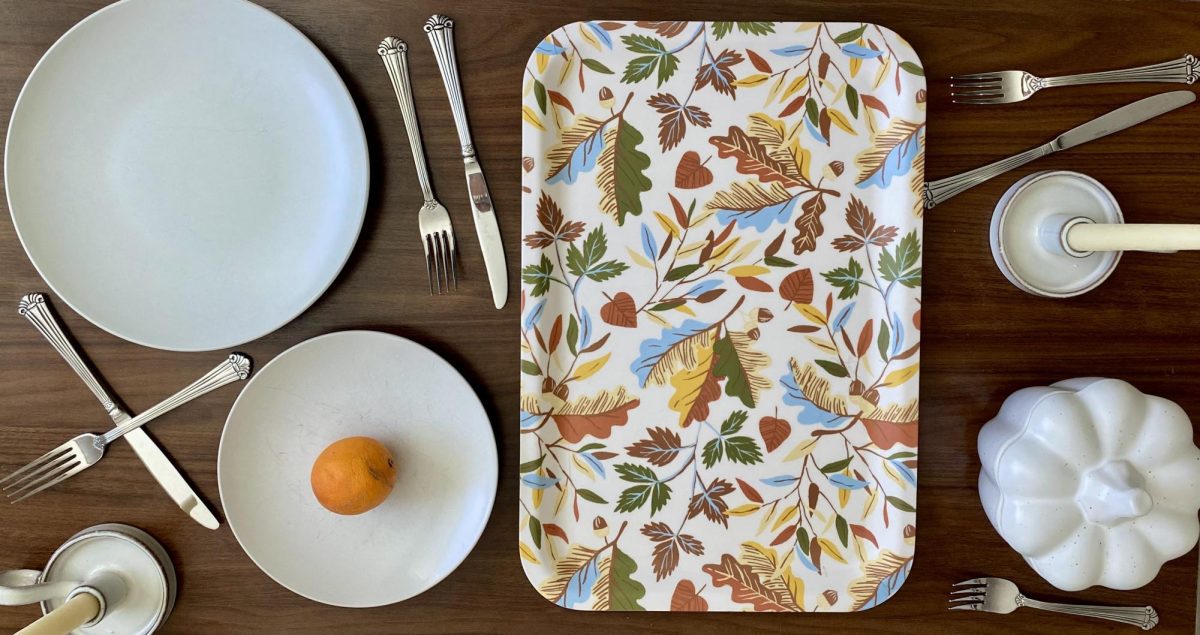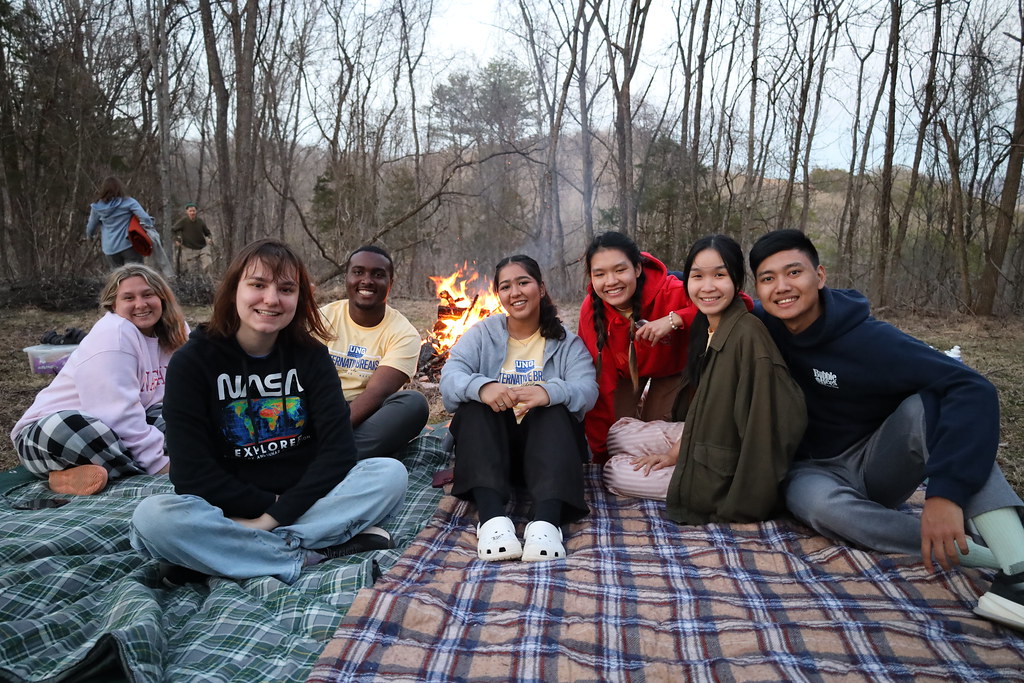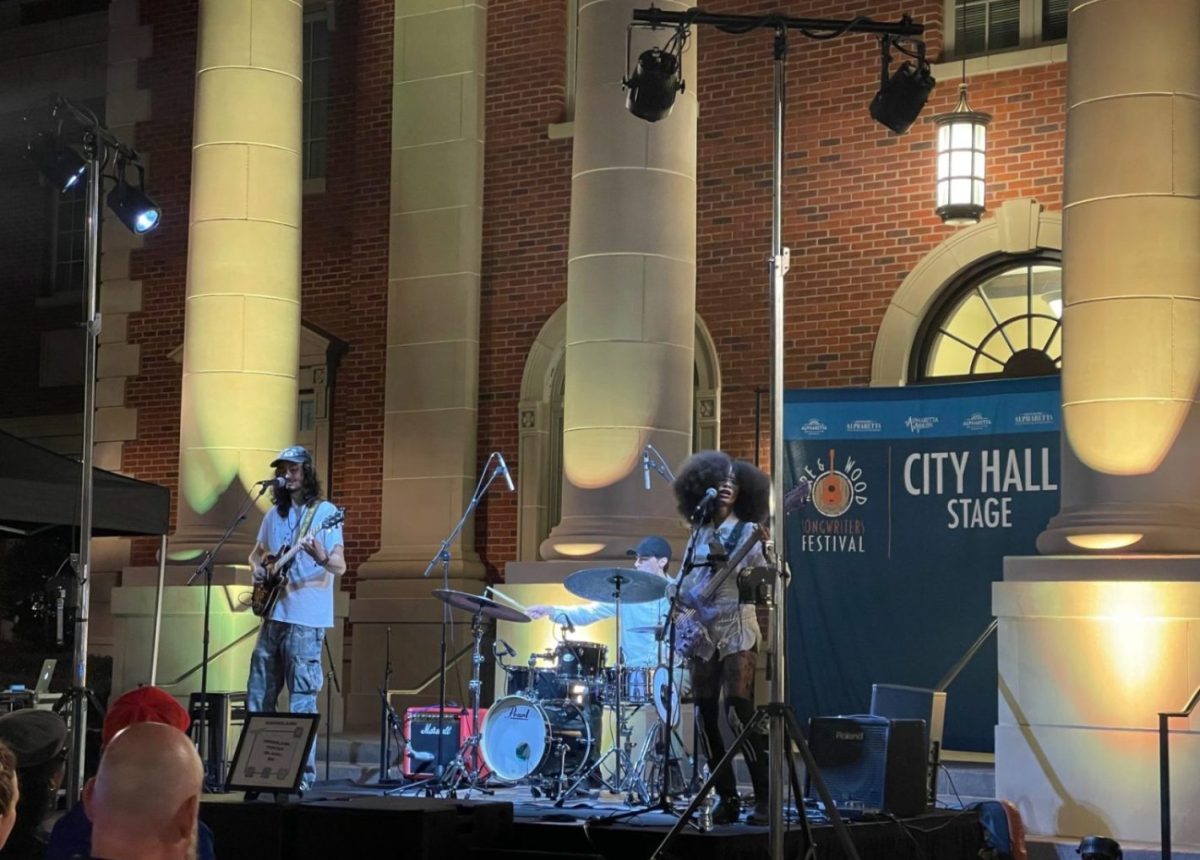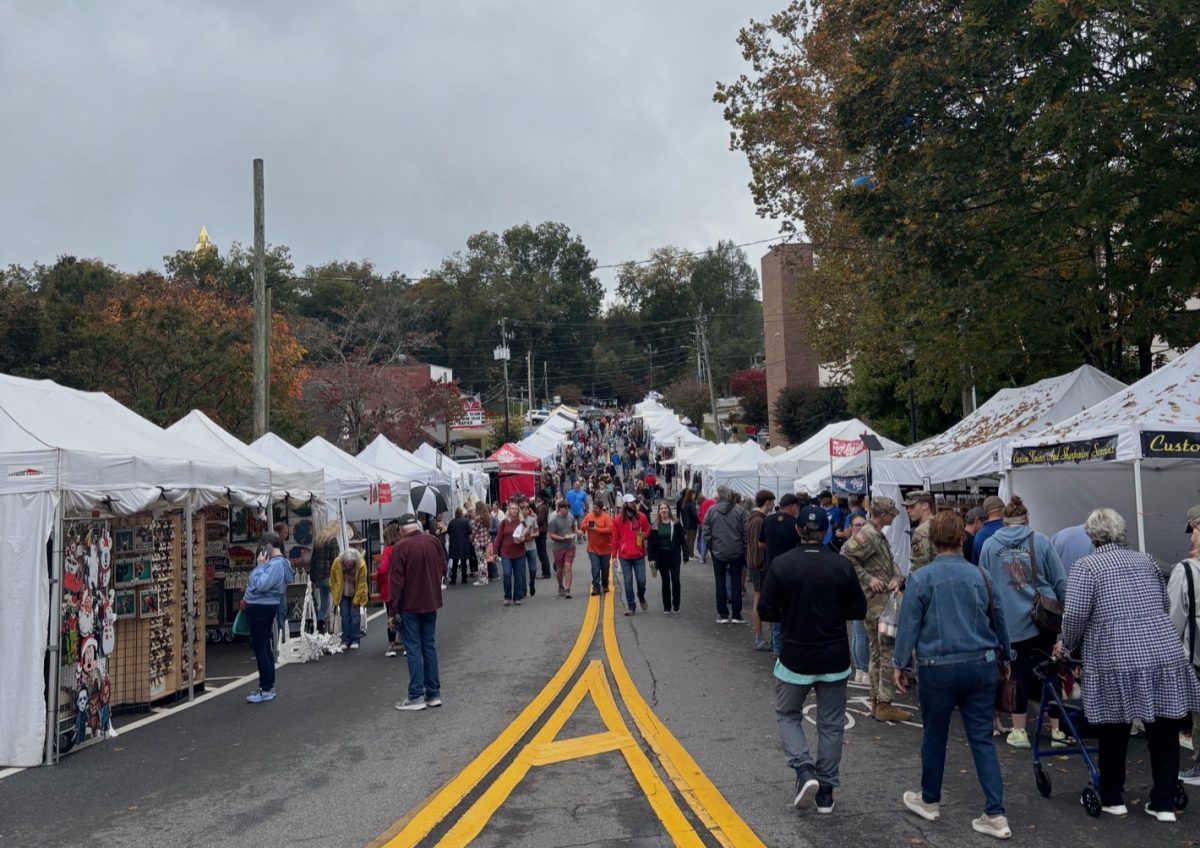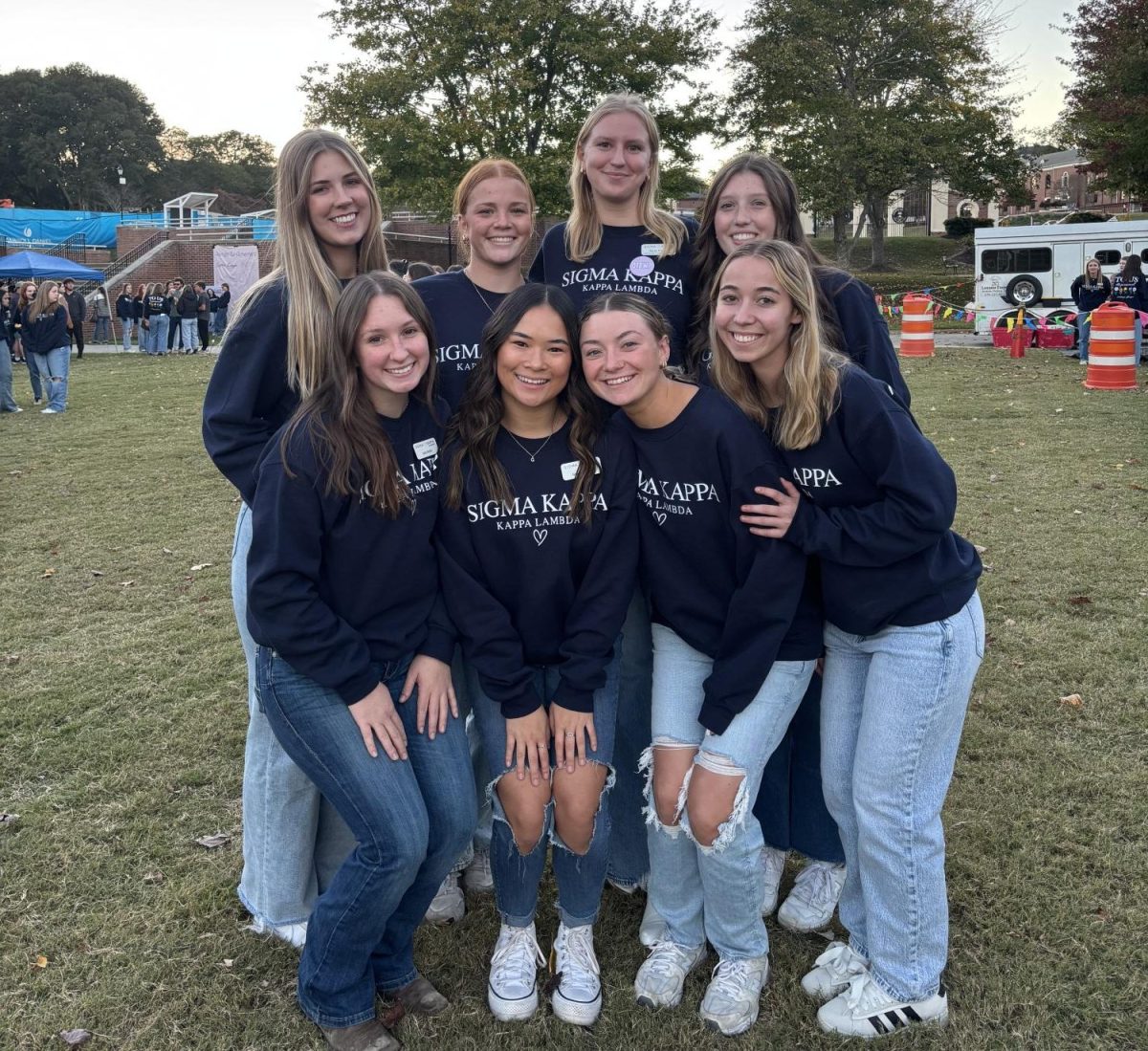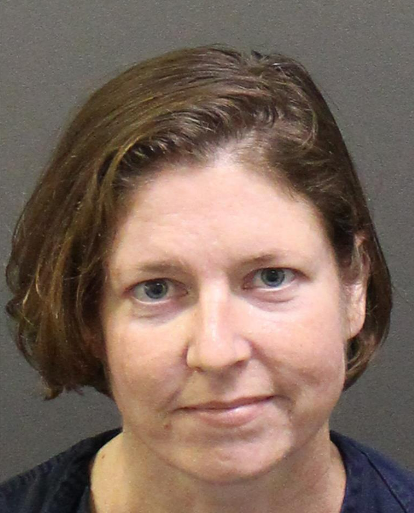The trial of the alleged “suitcase murderer” Sarah Boone begins next week after pending for nearly five years. Boone stands accused of murdering her boyfriend, Jorge Torres, in their shared apartment on Feb. 24, 2020, in Winter Park, Florida after allegedly zipping him up in a suitcase during a late-night game of hide and seek.
During the investigation of the alleged incident, digital forensics discovered two videos on Boone’s cell phone. University of North Georgia Head of the Criminal Justice Department Douglas Orr described how investigators likely used a premier software called Cellebrite to analyze Boone’s cell phone and extract its contents.
“When it comes to video files or pictures, there’s a lot of what we call metadata associated with those different files,” Orr said. “We could look at a video file and look at the code in the file and see which phone took that video, when it was taken, what software was used to construct and press the video and even sometimes longitude and latitude… if location services were on.”
“Putting the person behind the keyboard or behind the phone is probably the most important thing you have to do.” – Douglas Orr, Criminal Justice Department Head
The videos show Torres trapped inside the suitcase and Boone speaking out of frame. In the longest video, Boone is shown laughing and taunting Torres as he calls her name, repeatedly begging her to let him out.
“Sarah, I can’t breathe, babe,” Torres said in the video.
“Oh,” Sarah replied. “That’s what I feel like when you’re cheating on me…. You should probably shut the fuck up.”
Law enforcement believes after taking these videos, Boone went upstairs and went to bed. Boone reported that she woke up the next day and realized Torres was still inside the suitcase. She proceeded by calling her ex-husband and then 911 to report the incident.
Since Boone’s arrest on Feb. 25, 2020, the defendant’s trial has been extended multiple times with a slew of attorneys representing her for a period of time before withdrawing.
On June 28, 2024, Boone’s eighth attorney withdrew on the basis of irreconcilable differences. At this time, the court ruled that Boone forfeited her right to court appointed council by way of conduct. The court also ruled that the trial would not be extended if Boone retained private counsel.
Following this order, Boone represented herself until acquiring private defense attorney James Owens to represent her approximately two months before trial. In recent developments, Owens announced his intent to claim self-defense based on battered spouse syndrome and filed motions to suppress his client’s interrogation footage during trial.
Throughout the nearly two-hour interrogation, Boone repeatedly denied any intention to commit the alleged crime and directly contradicted her current defense.
“It was a good day. We’ve had good days lately,” Boone claimed.
“I didn’t touch him. Nor did he touch me,” Boone stated later in the interview.
In the defense’s motion to suppress her interrogation on Oct. 2, Owens claimed that Boone’s rights were violated when the lead detective failed to read the last question on the department-issued Miranda card: “Having these rights in mind, do you wish to talk to us now?” Owens argued that having not read this last question, the detectives coerced Boone into speaking with them. When the court requested case law to support Owens’ argument, the defense stated they were not ready to provide further evidence.
“Whether Miranda should apply or whether a confession should be excluded is very fact specific,” UNG Criminal Justice Professor Valerie Cochran said. “It would not be uncommon to hear ‘I’ll have to look up that case law and get back to you judge’ from either side in any courtroom in America on any given day.”
The court ultimately denied the defendant’s motion to suppress in a ten-page letter filed on Oct. 3.
On Oct. 7, the state offered Boone a plea deal in which she would serve fifteen years on the charge of manslaughter. Boone rejected this offer.
Initially set for Oct. 7, jury selection was postponed until Oct 14.










